Hoover Who? The Battle Over the New $1.8B FBI Headquarters and a Name
Scuffle goes public over legacy of FBI’s most famous, and infamous, director.
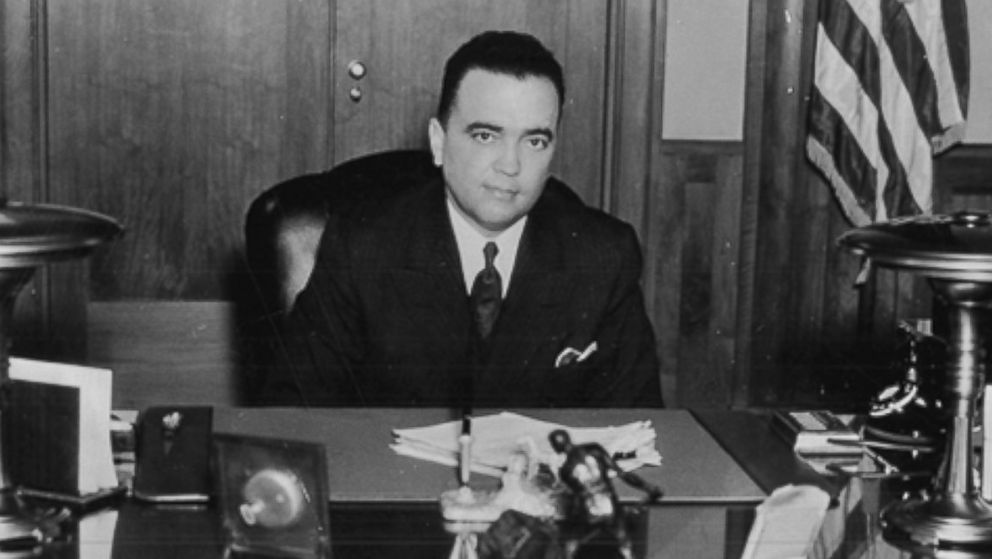
— -- A debate is brewing inside the Beltway and beyond, pitting some current and retired FBI agents against one another in a fight over the legacy of J. Edgar Hoover and whether the name of the Bureau’s first and most controversial director should grace the FBI’s proposed new $1.8 billion headquarters.
For more than 40 years since Hoover’s death a debate has raged about how to remember the man -- as an anti-crime and national security hero, a civil liberties-squashing villain or something in between -- and new interviews conducted by ABC News show that even among current and former agents and officials, there’s widely varying opinions on Hoover and the naming of the new headquarters.
“Hoover would have never let me become an agent because I’m a woman and Jewish,” a former FBI agent, who now works in private industry, told ABC News. “He did a lot of things he shouldn’t have done because he was given absolute power. He did a lot of hateful things. I would not like to see his name on the building.”
“He is being unfairly demonized,” said Gregg Schwarz, a retired FBI agent who goes a couple times a year to spruce up Hoover’s grave at the Congressional Cemetery in Washington. “Anybody can look back in history and judge by today’s standards and criticize everything. Everyone seems to forget all his hard, hard work.”
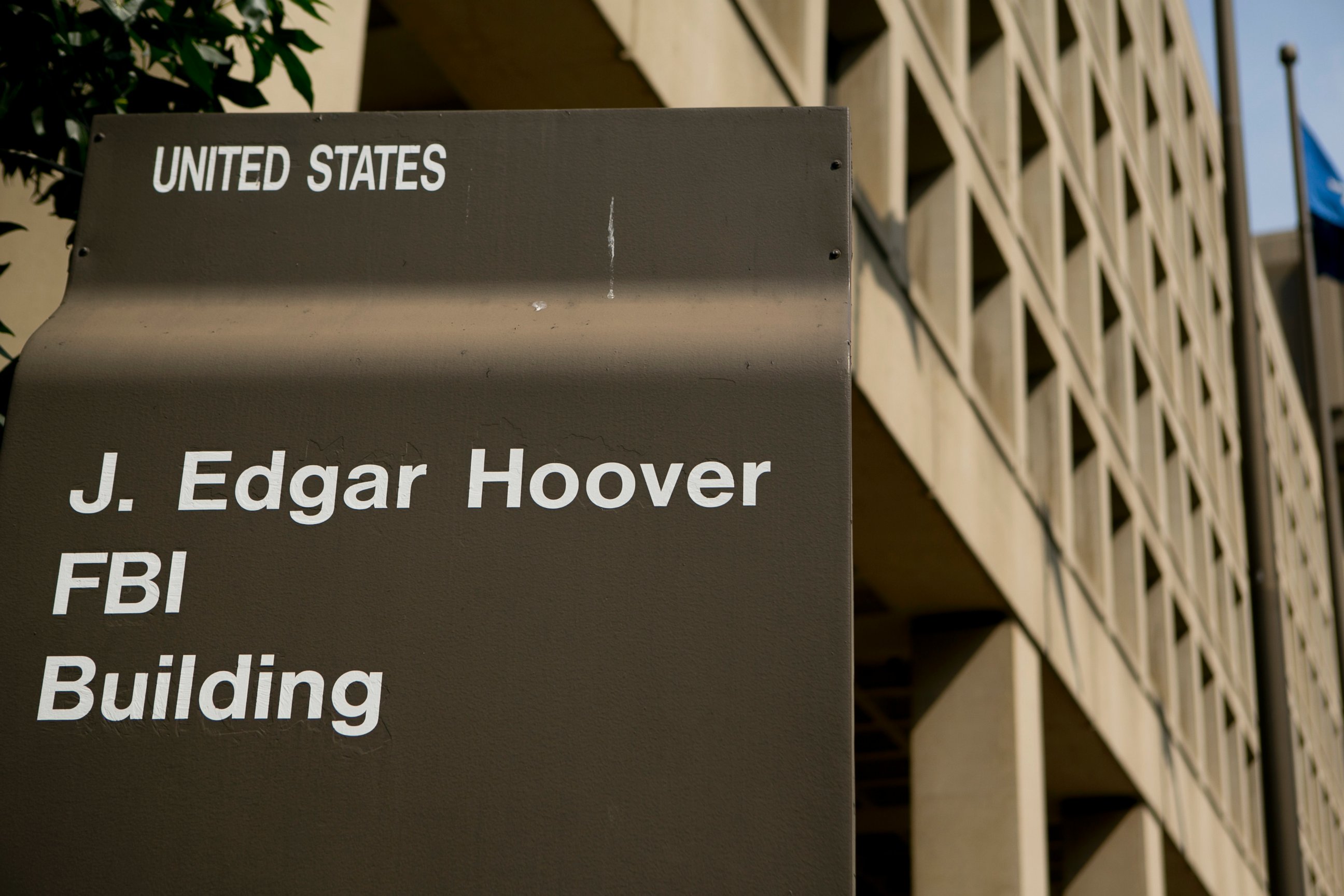
Lawmakers, too, are getting in on the scuffle.
Sen. Patrick Leahy, D-Vt., has fired the latest salvo with a highly-critical letter to the General Services Administration blasting Hoover for spying on innocent citizens including Martin Luther King Jr, and urging the agency “not to take steps to transfer the name” from the current headquarters to the new one, a location which has yet to be determined.
“It would be a mistake to associate his name with the new FBI headquarters,” Leahy wrote in the April 24 letter to GSA director Denise Turner Roth. “Director Hoover routinely violated the law and infringed on the constitutional rights of American citizens by ordering investigations of individuals and groups who were not suspected of any criminal wrong doing.”
Three suburban D.C. sites -- Greenbelt and Landover in Maryland and Springfield in Virginia -- are being considered for the 2.1 million square-foot building that will house 11,000 employees and costly roughly $1.8 billion. It’s not expected to be completed until around 2023.
The naming of the building is not the only sign of a push to scrub, or at least minimize Hoover’s imprint on today’s FBI.
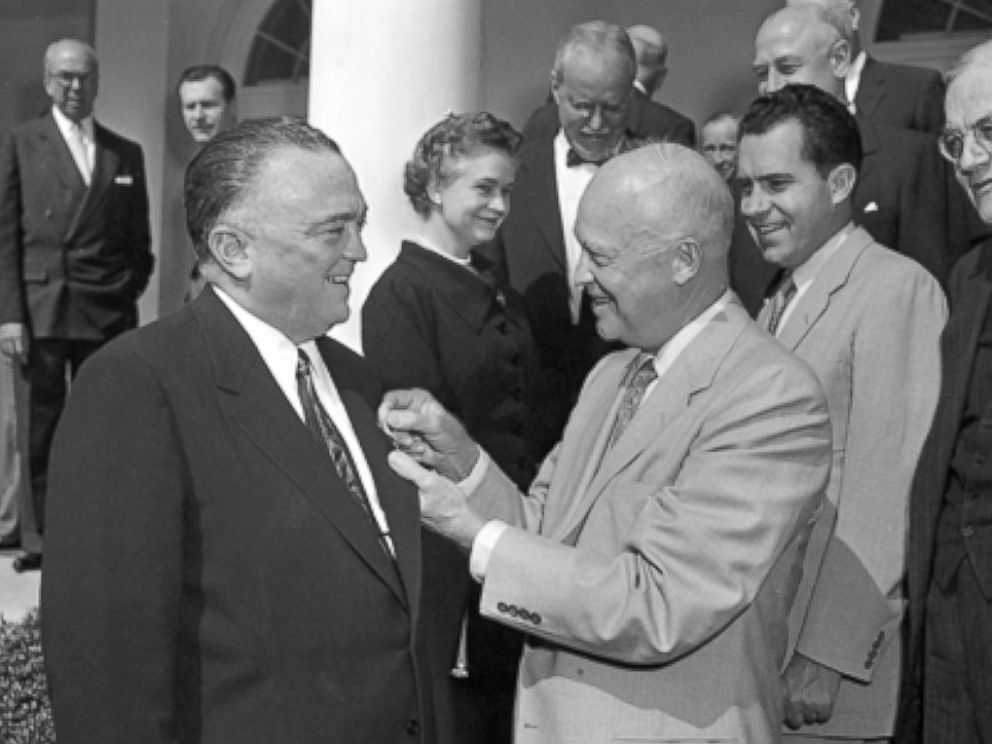
For more than a decade, members of Congress have, so far to no avail, introduced legislation to strip Hoover’s name from the current, sprawling headquarters at 935 Pennsylvania Avenue NW, just blocks from the White House and Capitol. The last bill was introduced in 2015. Hoover died in 1972 after heading the FBI and its predecessor, The Bureau of Investigation, for nearly five decades.
James Comey, a former federal prosecutor who became the FBI’s seventh director in September 2013, publicly made critical comments about Hoover and his abuse of power. And the New York field office last year removed a mannequin-like figure of Hoover in the lobby because of objections of bureau workers who thought he no longer represented the FBI of today.
But the naming of the new headquarters could be the most telling sign of just where Hoover stands in the 21st Century FBI.
‘Extremely Unfair to Judge Him Today’
After many decades, and after piles of negative stories, his devotees have been unwavering.
“He’s widely respected by our members,” said Nancy Savage, executive director of the Society of Former Special Agents of the FBI, which is comprised of about 8,500 members. “What he did for the FBI and law enforcement is just staggering. It’s monumental. Just the FBI civil rights investigations in the south; who else could have done that?”
Added a veteran FBI agent, “I think it’s extremely unfair to judge him today based on what people thought 50 years ago.”
Born in Washington Jan. 1, 1895, Hoover led the Department’s General Intelligence Division. In November 1918, he was named assistant to the attorney general.
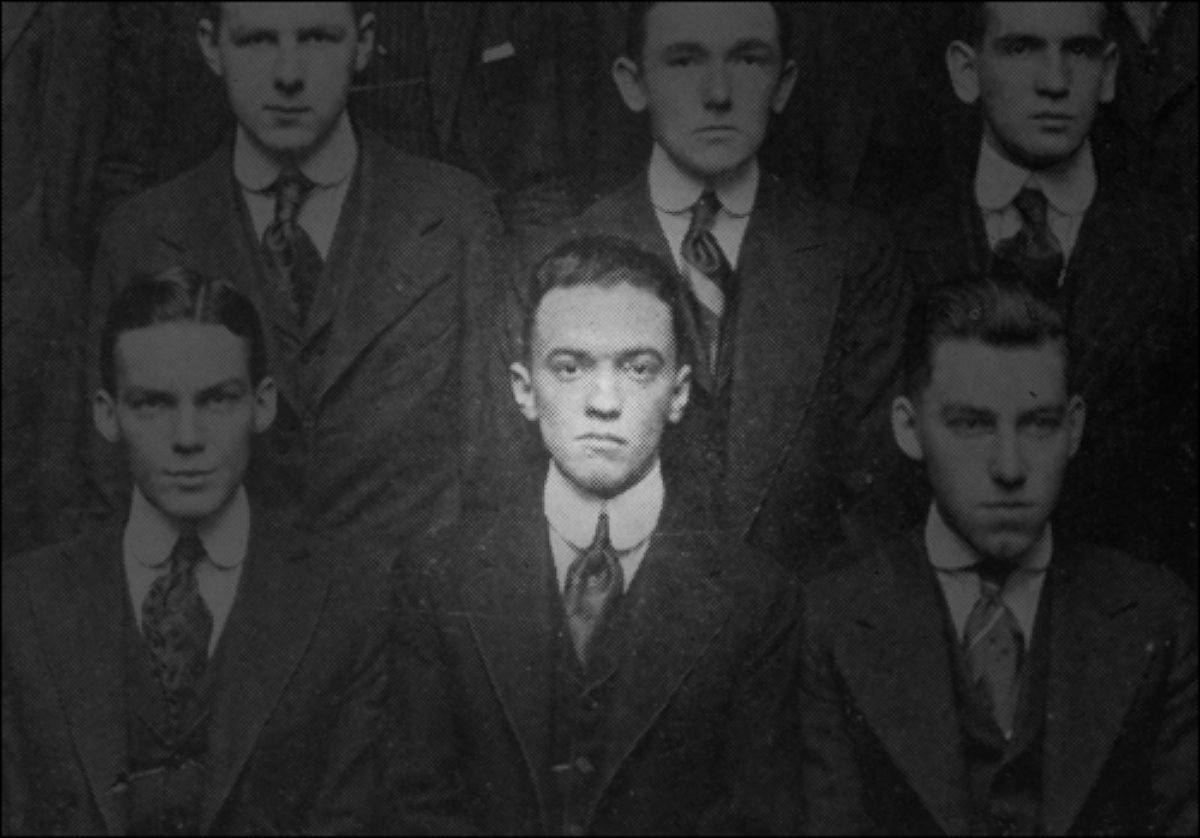
In 1921, when the GID was moved in the Bureau of Investigation (BOI) he was named assistant director of the BOI. In 1924, at age 29, the slim, youthful Hoover was named acting director of the Bureau. By year’s end, he was director. In 1935, the agency became known as the Federal Bureau of Investigation.
According to a biography on the FBI’s website, Hoover fired a number of agents he considered political appointees or unqualified to be special agents. He ordered background checks, interviews and physical testing for new agent applicants, and he revived the earlier Bureau policies of requiring legal or accounting training.
What the bio does not say is that within a few years of heading up the bureau, the only three female agents had resigned. Hoover made clear the FBI was the exclusive domain of male agents, and it wasn’t until his death in 1972 at age 77 that the door swung open for women agents. Even then, it took decades for them to make inroads.
'Ensure That We Remember Our Mistakes'
Hoover died on May 2, 1972. Two days later, President Nixon signed Public Law, 92-520, which officially named the FBI headquarters, which was then under construction, after Hoover.
“One of the giants,” Nixon eulogized at Hoover’s funeral. “His long life brimmed over with magnificent achievement and dedicated service to this country which he loved so well.”
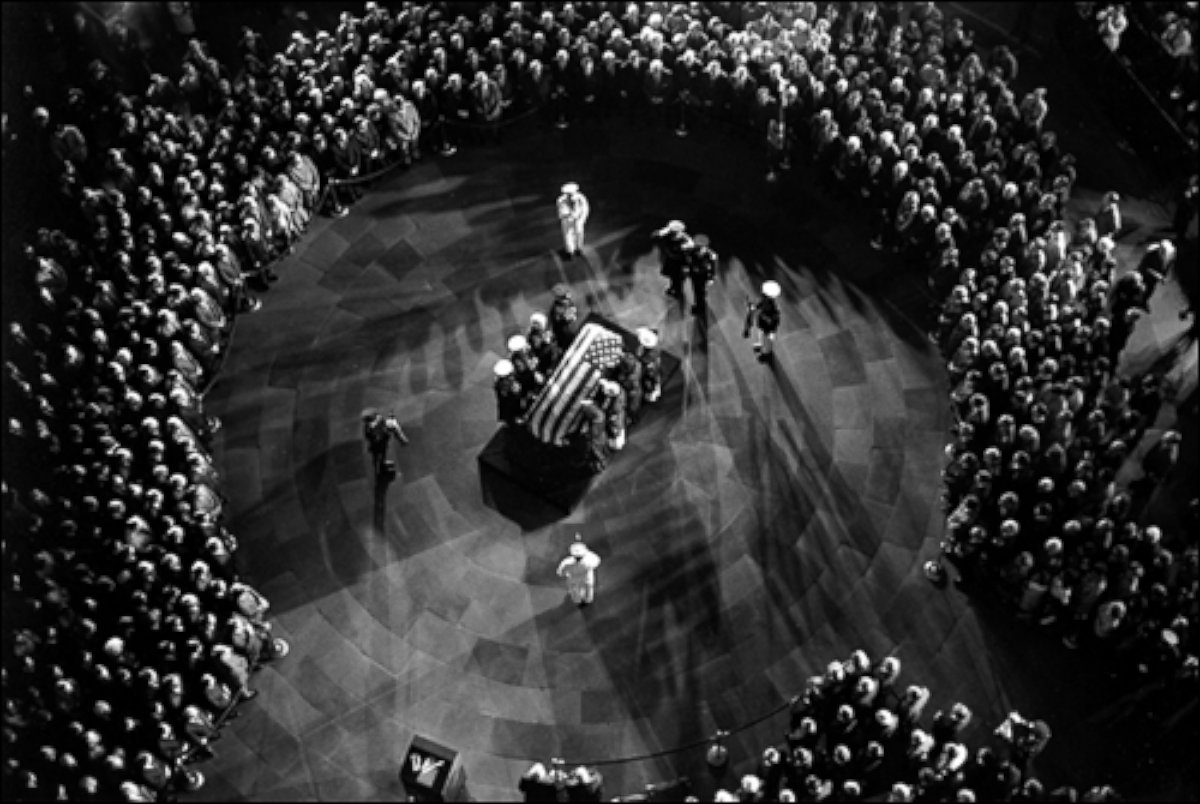
Ironically, Hoover never liked the design of the current FBI headquarters and opposed having his name on it, according to FBI files released over the years under the Freedom of Information Act.
After his death, Hoover was still revered in the bureau. But reports began to surface about abuses of power, of harassing political dissenters and activists, gathering evidence against political figures, civil rights leaders and gay federal workers, and using illegal methods to get information.
At a speech at Georgetown University on Feb. 12, 2015, Comey said, “There is a reason I keep on my desk a copy of Attorney General Robert Kennedy’s approval of J. Edgar Hoover’s request to wiretap Dr. [Martin Luther] King.”
“It is a single page. The entire applications is five sentences long. It is without fact or substance and is predicated on the naked assertion that there is ‘communist influence in the racial situation.’ The reason I do those things is to ensure that we remember our mistakes and that we learn from them,” Comey said.
There were also those unconfirmed rumors about his romantic relationship with his right-hand man at the bureau, Associate FBI Director Clyde Tolson, and about wearing a dress, the latter which became a subject of jokes, even inside the bureau.
Michael P. Kortan, an FBI spokesman, said the agency has been working with GSA to come up with the location and specs for the new headquarters. The ultimate decision on naming will be up to Congress, with the GSA carrying out those wishes.
When asked if FBI Director Comey will offer input into the name, Kortan said, “The question of the naming of the new building is not a pressing issue at this point. It’s not an issue that has come up in any discussions related to the project.”
Hoover’s name is not frequently mentioned these days in the FBI, though agents often refer to headquarters as the “Hoover Building” or “JEH,” short for J. Edgar Hoover.
As for the Hoover figure being removed from the New York field office, a currently-serving veteran FBI agent said, “I think that’s ridiculous. He wasn’t Hitler.”
Allan Lengel is an ABC News contributor based in Detroit, Mich. and reporter for the law enforcement news website TickleTheWire.com




